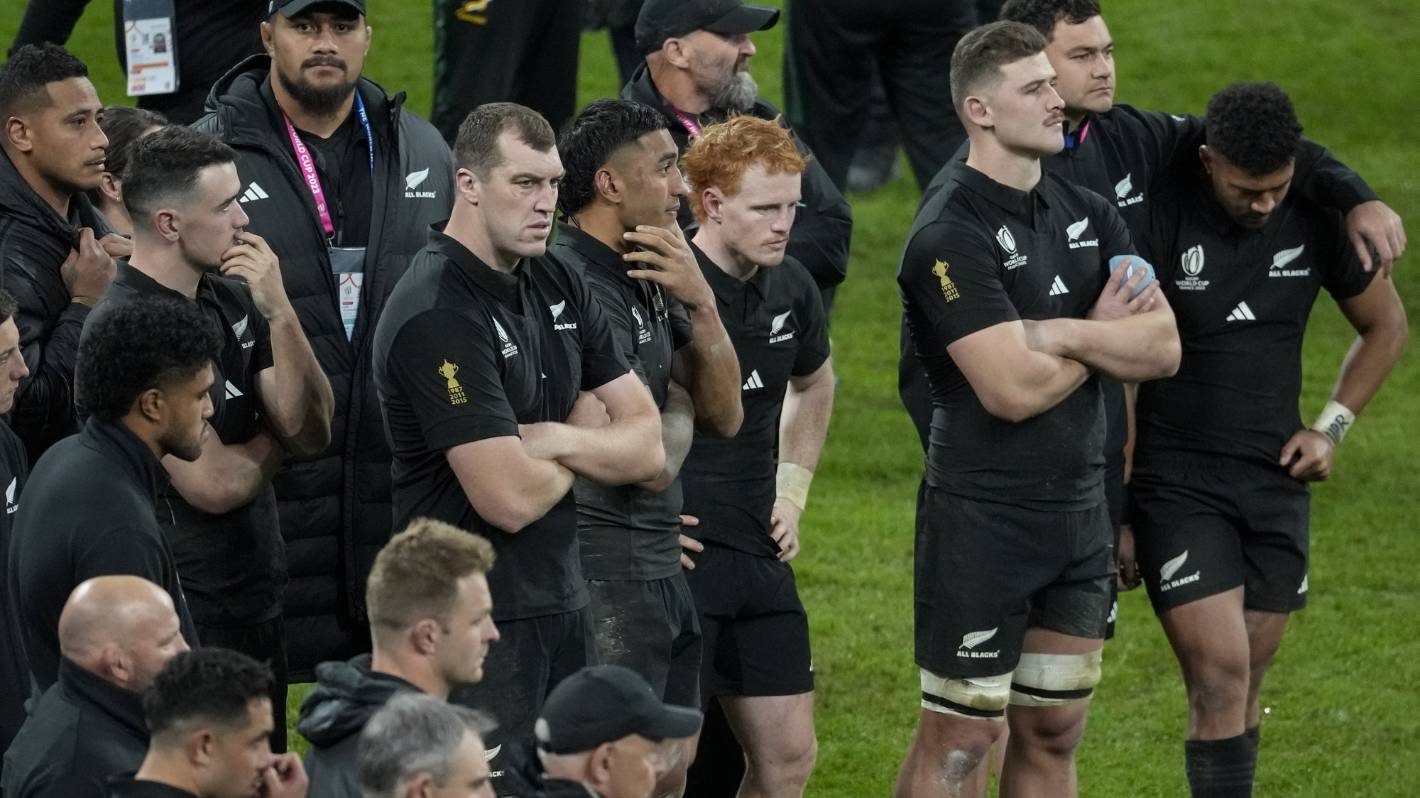

This sort of thing is pretty consistent with the anecdotal rumours about Luxon’s interactions with pilots and other staff while heading up Air NZ. Which sorta pushes those stories from the probably just made up, to actually maybe they are legit after all. Some of the scuttlebutt stories basically alleged he was a total a-hole; which, yeah I can see it.











I don’t really get the point of it, copper wire can’t be worth that much at a scrapper - especially if they’re having to go to a dodgy one to make the trade. I guess its a sign of how tough some people are doing it at the moment.